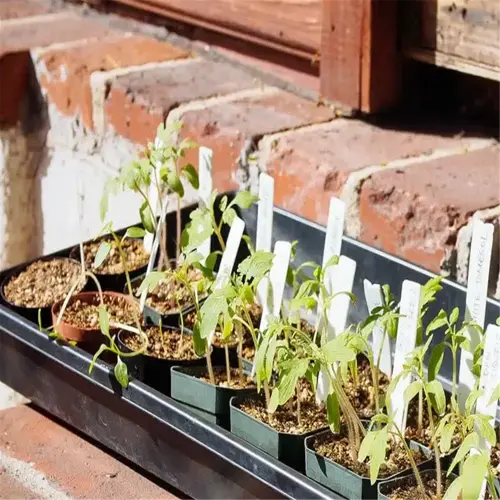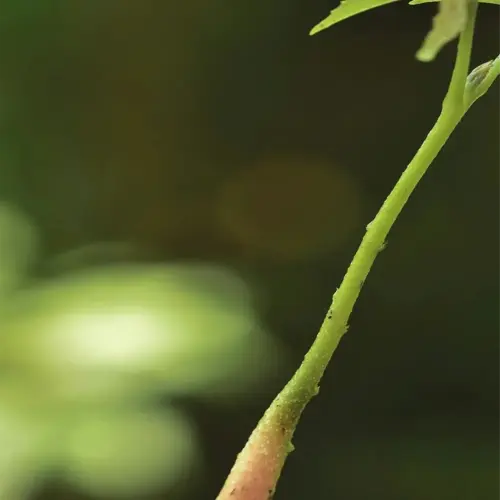Are indoor herbs safe for pets?

Written by
Michael Sullivan
Reviewed by
Prof. Samuel Fitzgerald, Ph.D.Growing herbs indoors can enhance the flavor of everyday meals; however, keep in mind pet safety. Basil, thyme, and parsley are non-toxic herbs and are fun to have in the kitchen. Lemongrass and bay laurel are bad for cats and dogs. One time my cat took a nibble of mint; she was fine, but since then I have done my homework on the herb or plant first.
Safe Herbs
- Basil: Non-toxic, supports digestion in pets
- Thyme: Safe but may cause mild stomach upset
- Dill: Harmless unless ingested in large quantities
Toxic Herbs
- Lemongrass: Causes vomiting and diarrhea in cats
- Bay laurel: Contains eugenol, toxic to dogs
- Pennyroyal: Fatal to pets even in small doses
Location is important. Attach toxic herbs, such as scented geraniums, to high shelves or behind glass. I put my oregano in a hanging planter that prevented my dog from swiping it. For floor plants, use citrus peels as a natural deterrent! Animals do not like the smell of citrus, but the herbs love it!
Physical Barriers
- Elevated planters or wall-mounted shelves
- Decorative cages around pots
- Pet-free zones using baby gates
Natural Deterrents
- Sprinkle cayenne pepper on soil surfaces
- Place coffee grounds around herbs (safe for plants)
- Use motion-activated air sprays
Begin with cat grass adjacent to the herbs that are safe for pets, to provide a distraction for your curious pets. My cat neglects the thyme but consumes the grass now. Remain vigilant; always keep an eye on their interactions. After one or more attempts to grow herbs, depending on your design experiences, you can take pleasure in fresh herbs without risking your pet's safety.
Read the full article: Growing Herbs Indoors: The Ultimate Beginner's Guide

